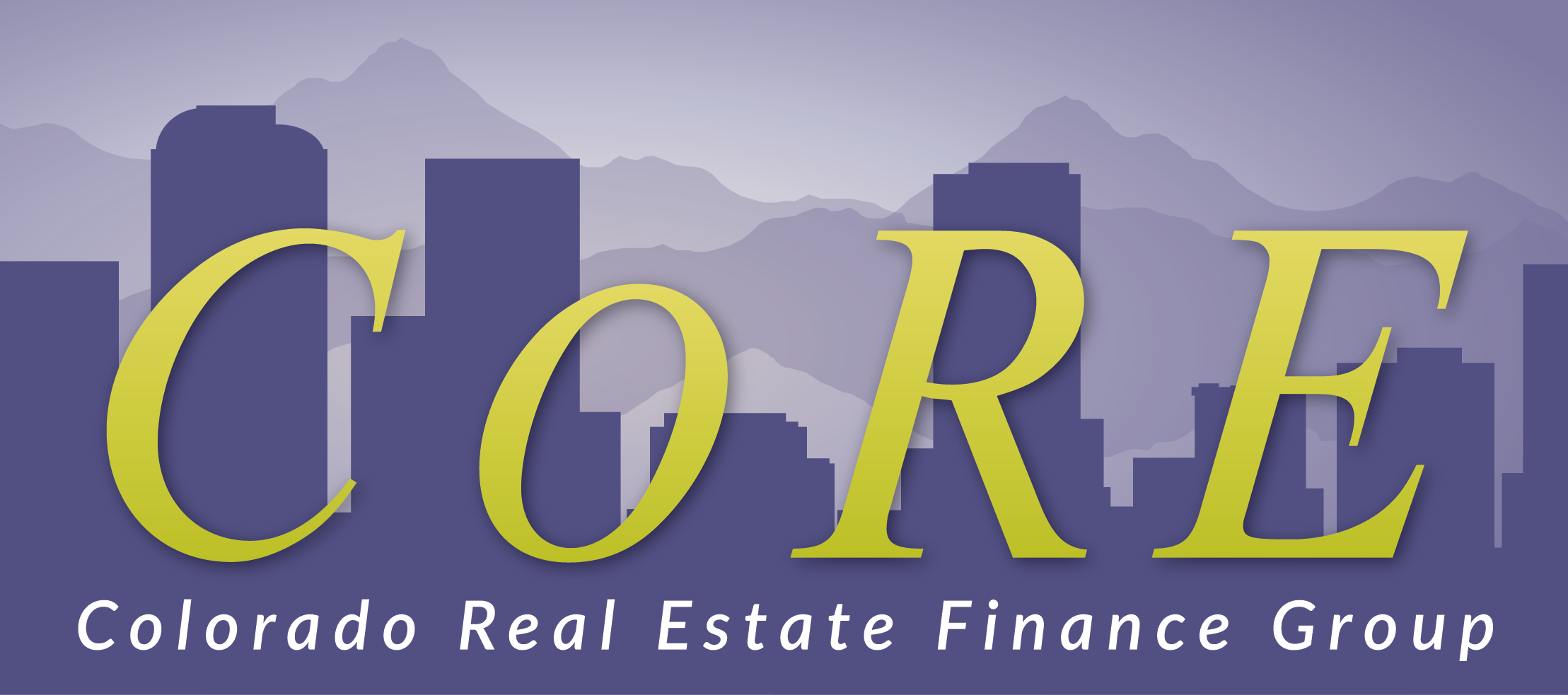One of the most important things you should do as you go through the process of buying a home is hire a home inspector to make sure it’s in great shape. Even though this is technically an optional expense, it’s not something you should ever go without. The house could have problems that would be easy for you to miss, even after multiple walkthroughs. The home inspector’s job is to uncover those flaws.
What a Home Inspector Looks At
During a typical inspection, the home inspector will look at hundreds of things. They’ll do their best to find any major problems with the home and its systems so you know about them before you’ve purchased the home.
However, remember that a home inspection is non-invasive. If the inspector can’t see part of the attic or foundation, he or she won’t be able to inspect it. Same goes for problems inside the walls that can’t be detected.
The best thing you can do find a highly qualified inspector. Confirm that the inspector is certified and part of an organization like the American Society of Home Inspectors (ASHI).
Here’s a shortened version of what your home inspector will be looking at. The ASHI has an extensive list of what its inspectors look at here.
Grounds
Home inspectors look for any existing or potential problems with water on the property’s grounds. This includes standing puddles or faulty grading. They’ll also often look at pathways, sheds, and other elements on the grounds.
Foundation/Structure
This includes looking for any large cracks or major flaws in your foundation. The inspector will also make sure that the door and window frames are square (if they’re not, your foundation my have a problem).
Roof
The inspector will look at the roof to see if it has loose or missing tiles, as well as look for defects in the flashing and fascia. Drains that aren’t working properly and debris in the gutters will be noted. The report will also point out tree limbs that are resting on the house, which can lead to critters on the roof and other problems.
Exterior
The inspector will look for defects in the material covering the home, including cracks, rot, and flaking paint.
Windows and Doors
Properly functioning windows and doors play a big role in keeping your home energy efficient. The inspector will make sure that all the frames and caulking are secure, as well as make sure that the window glass is in good shape.
Attic
The inspector will look for any signs of water penetration in the attic space. The inspector will also look at how much insulation there is and note any ventilation issues.
Plumbing
All the plumbing is thoroughly tested to make sure it’s working properly. This includes vents, drains, and waste systems, and the sump pump (if there’s one present). The inspector will look for any leakage and will also make sure that everything fits together the way it should. This part of the inspection also includes looking at the water shut-off, pipes, showers, tubs, and anything else in the home that might leak. Information about water pressure and temperature will also be noted on the report.
Electrical
All electrical components are checked to make sure that they are safe and work properly. This includes grounders, conducting equipment, and panels. The report will also note the location of smoke detectors and carbon monoxide detectors.
Heating and Air Conditioning Systems
The inspector will check that both the heating and air condition systems are working properly and that they have adequate ventilation.
Other Concerns
If you have any other concerns about the home, it’s a great idea to make a list of questions to ask the inspector. You can also accompany the inspector while he or she is looking at your home, which is a great way to begin to get to know the home and its systems. It’s also a good chance to get a grasp on any potential future problems and ask the inspector questions about them.
Cost of a Home Inspection
Home inspection prices vary greatly depending on the type and size of home and the part of the country you’re in, but you can expect to pay $300 to $500 for the average home inspection.
Other, Optional Inspections
You can also have specific inspections done, which aren’t usually included in a standard inspection. Here’s an overview of some optional inspections that may make sense in your situation.
Termite/Pest Inspection
The inspector looks for signs of structural damage from wood-eating insects, including termites. It’s usually around $100.
Foundation Inspection
If your home inspector has any serious concerns about the home’s foundation, you may want a structural engineer to do a full inspection of your foundation. This is usually $300 to $400.
Lot Survey
An inspector measures and verifies the size of your lot. This is a good idea if there’s any question about what the home’s lot size actually is. It costs anywhere between $300 and $700.
Chimney Inspection
If you have a chimney, especially an old brick chimney, they have a tendency to lose integrity over time. The inspector will look at the flue, joints, liner, and interior walls for $100 to $250.
Water Inspection
If your home is on a well system, the water needs to be tested for toxic metals like cadmium, lead, and arsenic by a lab on the EPA’s website. This costs about $150.
Radon
Radon is a toxic, odorless gas that, if present, is often on the lowest level of the home. The only way to know if you have it is to test for it. Also, just because a home has been free of radon on the past does not mean that it will always be radon-free. This is very inexpensive—usually $25 to $50, and you can also do it yourself.
VA/FHA/USDA Loans
Government-backed loans like VA, FHA, and USDA loans have special inspections that are required for the loan to close. Since these loan programs are designed to get people into liveable homes, these home inspections may bring up repairs that have to made before you can buy the home.
Don’t Miss a Home Inspection
Even though a home inspection is ultimately an optional expense, it’s critically important to ensure that your potential home is in good shape. Otherwise, you may end up with a money pit that costs you thousands and thousands of dollars. Contract contingencies often allow you to back out of a contract if unexpected problems come up during the home inspection, so this is a worthwhile expense.


Recent Comments